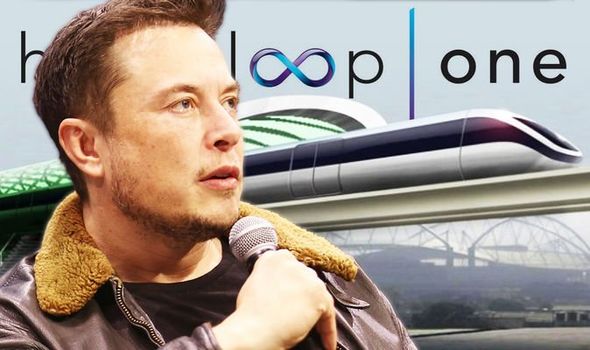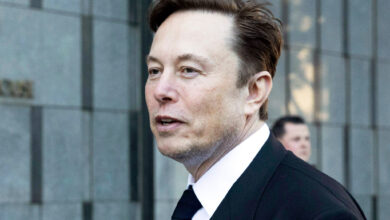Elon Musk’s 700 mph hyperloop tech hasn’t become reality. But companies aren’t giving up

The Hyperloop, a high-speed transportation concept envisioned by Elon Musk in 2013, was expected to be a reality by now, but progress has been slower than initially anticipated.
Despite the hype and promises from various companies, the mass-scale Hyperloop system has not materialized. However, the dream of Hyperloop transportation is far from over, with ongoing efforts to make it a reality.
Gabriele Semino, project lead at TUM Hyperloop, a project affiliated with the Technical University of Munich, remains committed to the Hyperloop vision. In an interview with CNBC, he expressed his belief in the concept and explained that
while initial expectations were overly optimistic, developing a completely new transportation system takes time and careful planning.
TUM Hyperloop is actively working on the technology needed to make the Hyperloop a reality. At the recent IAA auto show in Munich, the company showcased a prototype pod for passengers. Although the current track is relatively short at approximately 24 meters, TUM Hyperloop is focusing on testing the technology’s functionality before expanding to longer tracks.
Semino anticipates that by the end of this decade, the technology will be ready for short tracks with full-speed passenger transport. By the end of the next decade, the Hyperloop could potentially have longer tracks spanning continents.
Several companies, including Hyperloop Transportation Technologies (HTT) and Elon Musk’s Boring Company, are also actively exploring Hyperloop technology. The concept holds promise as a green and high-speed mode of transportation that could reduce the reliance on flights and traditional train lines.
One potential benefit of the Hyperloop is its ability to alleviate the burden on existing train lines, allowing them to focus on cargo transport. Semino stressed that this is not wishful thinking but a response to the pressing need for improved infrastructure.
While regions like the Middle East and China could benefit from Hyperloop technology, Europe appears to be making significant progress in its development. Semino noted that Europe is taking a proactive approach, with the European Commission, the executive arm of the European Union, exploring the establishment of a framework for Hyperloop technology.
In conclusion, the Hyperloop dream is still alive, and despite initial setbacks and overly optimistic timelines, dedicated efforts are underway to make this high-speed transportation system a reality. Europe, in particular, is emerging as a promising region for the development and implementation of Hyperloop technology, which could revolutionize the way people and goods are transported.





